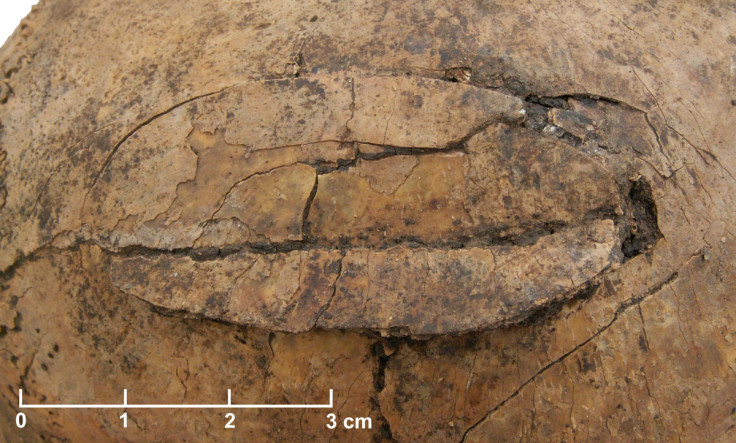Germany: Evidence of torture and massacres discovered in early Neolithic mass grave

Evidence of mass violence and massacres among the early Neolithic populations of central Europe has been discovered by researchers. The Neolithic era – otherwise known as the New Stone Age – was named as such due to the development of new human technology and tools. It began around 10,200BC in the Middle East and spread to Europe in around 6500BC.
The role of violence has been a hot topic for researchers when trying to understand the population peak and decline of the Neolithic Linearbandkeramik (LBK) culture – or the Linear Pottery Culture in English – in central Europe, but few archaeological digs have supplied solid evidence. However, Christian Meyer, from the University of Mainz in Germany and colleagues have reported their findings from a dig at a mass grave at Schöneck-Kilianstädten in Germany, discovered in 2006.
The remains of some 26 people were found at the grave, all having been buried without the care and rituals that were customary at the time. "At least 26 individuals were violently killed by blunt force and arrow injuries before being deposited in a commingled mass grave. Although the absence and possible abduction of younger females has been suggested for other sites previously, a new violence-related pattern was identified here: the intentional and systematic breaking of lower limbs," the report published in PNAS reads.
"The abundance of the identified perimortem fractures clearly indicates torture and/or mutilation of the victims. The new evidence presented here for unequivocal lethal violence on a large scale is put into perspective for the Early Neolithic of Central Europe and, in conjunction with previous results, indicates that massacres of entire communities were not isolated occurrences but rather were frequent features of the last phases of the LBK."
Combining this with evidence from other LBK mass graves, the findings could finally provide the evidence that has been long anticipated for signs of large-scale violence during the LBK period.
© Copyright IBTimes 2025. All rights reserved.






















